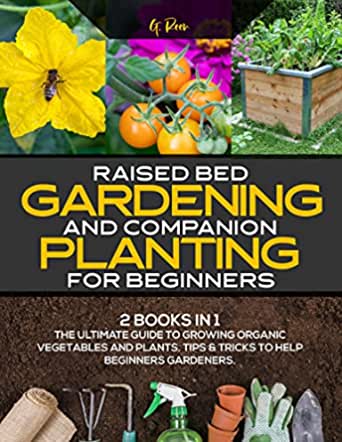
Growing herbs outdoors is not hard. Herbs are easily started from seed, and most varieties can be planted as early spring. They don't need much care, except for the right amount sun and water. The herbs are a great way to repel pests and diseases. They can be grown all summer. They not only smell wonderful, but they are also easy to grow and harvest. They can be planted right in your own kitchen.
When growing herbs outdoors, there are some important things to remember. The plants should receive sufficient sunlight for them to thrive. Some herbs thrive in full sun, others prefer partial shade. Make sure not to over-water the plants or fertilize them. To get ideas on what plants you should plant, read a gardening manual. Your herbs should be planted in a place that is protected from the winds to achieve best results. These tips will make it easier to maintain and manage your garden.

The most important consideration is how much sun your herbs get. They can be brought inside during winter if they are kept in containers. Some herbs can also be transplanted to larger containers, but generally, herbs can still be enjoyed year-round in a sunny window. It will also prolong the growing season, allowing you to harvest them at any time of the year. For this reason, it is important to choose the best herbs for your outdoor space. You can use them to make your food.
Once established, it's time to plant your herbs. While they're very easy to grow outdoors, they're best if you choose a spot that gets a lot of sunlight. Planting them in damp soil will cause them to struggle. Plant them in sunny areas to make the most of the sunlight. The best place to plant herbs is in a sunny window.
You want to grow herbs in a sunny part of your garden. This will ensure the best results. In this way, the herb's roots aren't buried under the soil, and water isn't an issue. They need 8 hours of sun each day. If they're in a partially shaded location, you'll likely get a poor flavor from your herbs. You should also ensure that the soil pH level is at least 6.5. Protect some herbs from freezing in winter.

Basil is one of the easiest herbs to grow outdoors. It needs only a small space, maximum 6 hours direct sunlight. It will grow even in very cold environments once it is established. Regular pruning is necessary to keep the plant healthy and strong. Once it has been trimmed to the desired size, it will add color to your yard and provide a fresh flavor to your dishes. It can be used to cover your ground or add a beautiful accent to your yard.
FAQ
What is the difference in hydroponics and aquaponics?
Hydroponic gardening uses nutrient-rich water instead of soil to feed plants. Aquaponics uses fish tanks to grow plants. It's almost like having a farm right at home.
Can I grow veggies indoors?
Yes, it is possible to grow vegetables in a greenhouse during winter. You will need to buy a greenhouse and grow lights. Before you do this, make sure to verify the local laws.
Do I need any special equipment?
You're not wrong. A shovel, trowel and watering container are all you need.
Statistics
- It will likely be ready if a seedling has between 3 and 4 true leaves. (gilmour.com)
- According to the National Gardening Association, the average family with a garden spends $70 on their crops—but they grow an estimated $600 worth of veggies! - blog.nationwide.com
- Most tomatoes and peppers will take 6-8 weeks to reach transplant size so plan according to your climate! - ufseeds.com
- As the price of fruit and vegetables is expected to rise by 8% after Brexit, the idea of growing your own is now better than ever. (countryliving.com)
External Links
How To
How can I keep my vegetable garden weed-free?
Weeds are one of the biggest threats to growing healthy vegetables. They can compete for water and nutrients, sunlight, space, and other resources. To prevent them from taking over your garden, use these tips:
-
All plants should be removed when they are in flower
-
Remove any plant debris around the base of the plant
-
Mulch is a good choice
-
Get enough water
-
Rotate crops
-
Do not let the grass get too long
-
Keep soil moist
-
Plant early
-
Harvest often
-
Mix compost
-
Use pesticides sparingly
-
Grow organic vegetables
-
Get heirloom seed
-
Start small
-
Learn more about companion planting
-
Be patient
-
Enjoy gardening!